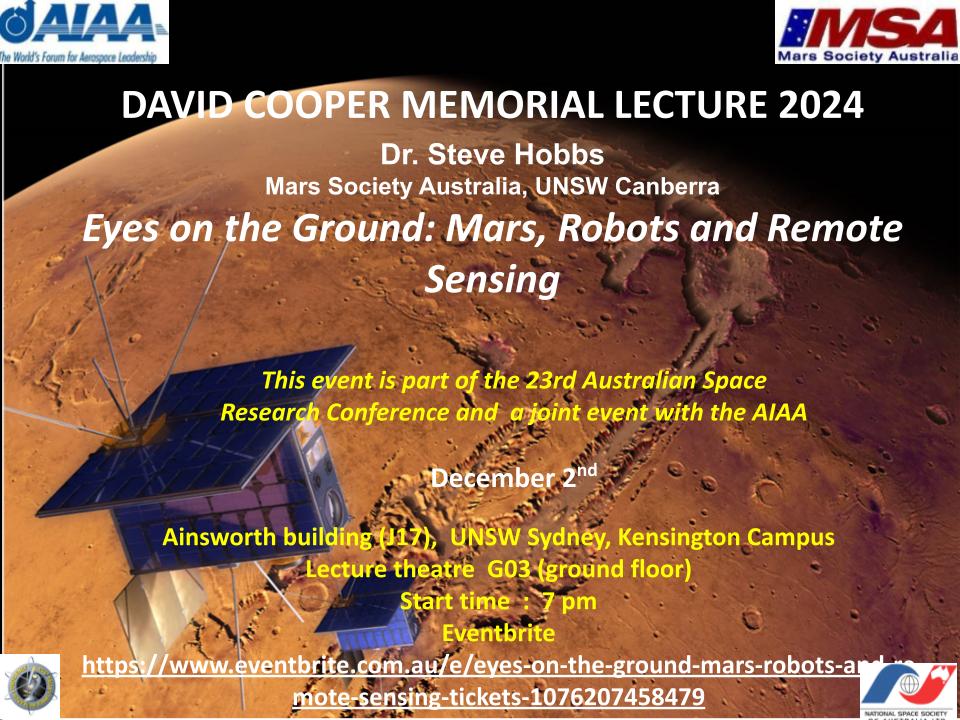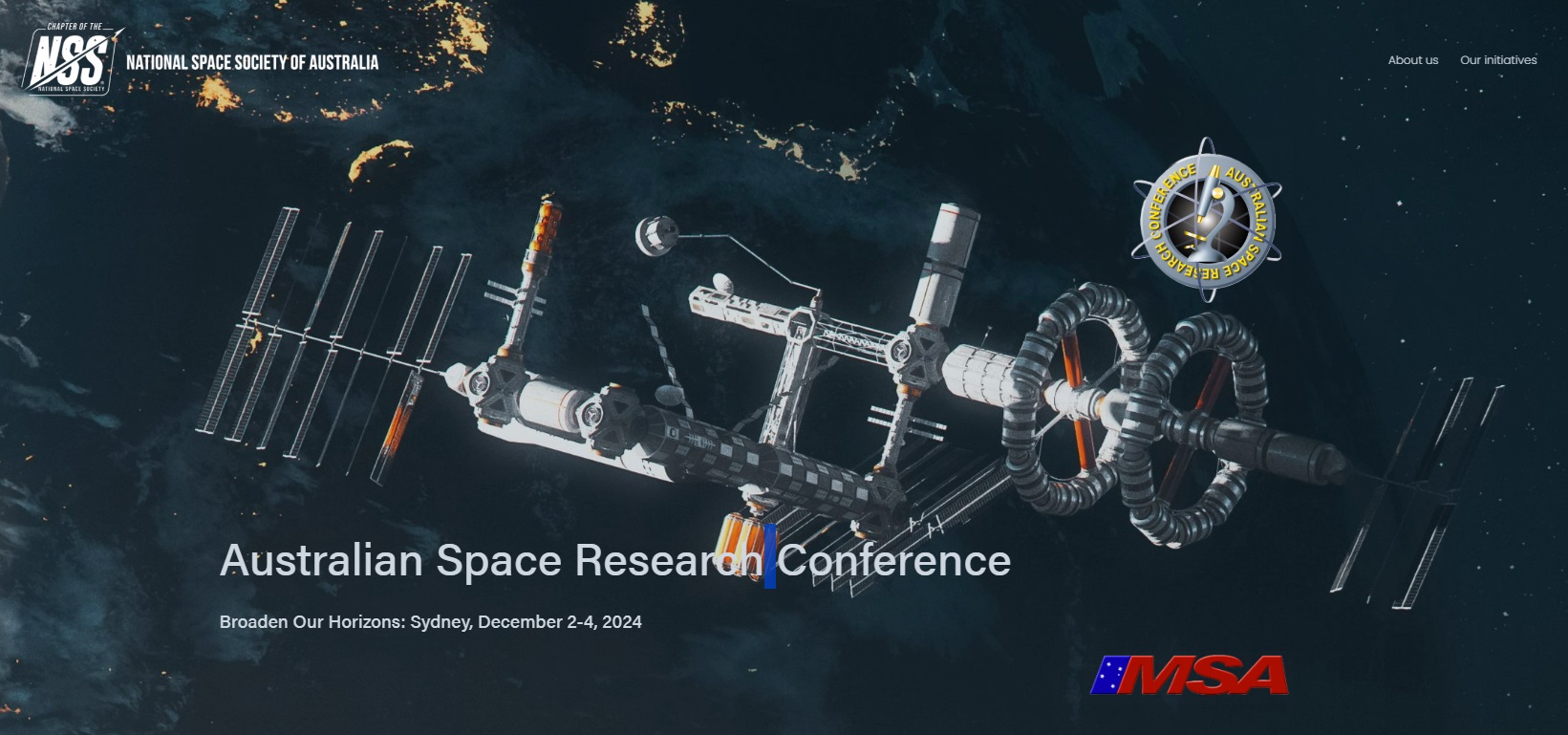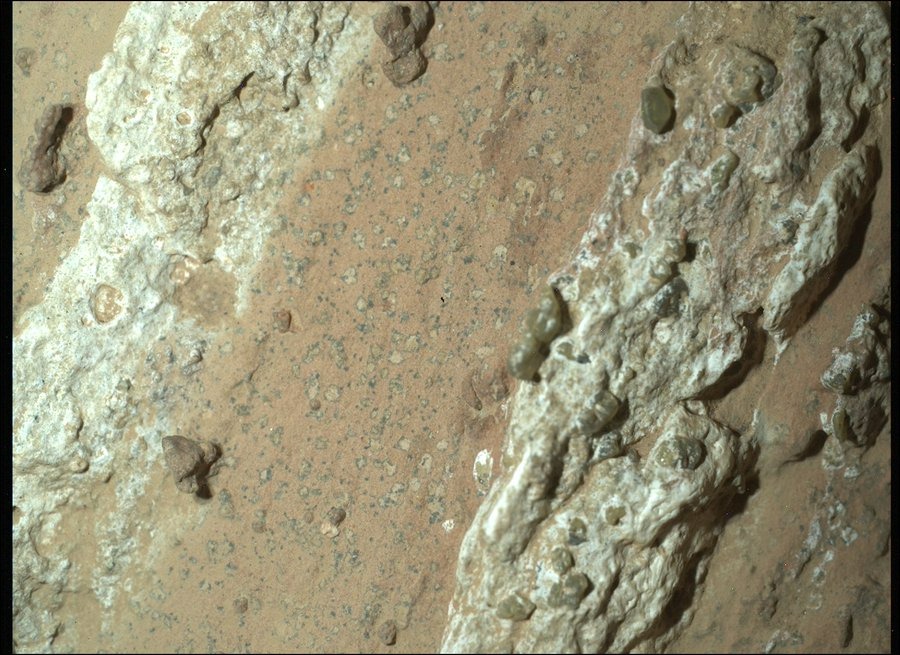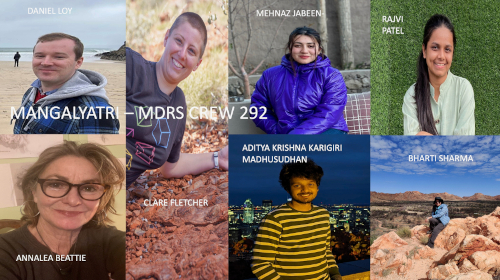The Mars Society Australia (MSA) is calling for nominations for directors. Directors are appointed for an initial term of two years and half the board is elected every year.
MSA is an organisation of like-minded people that provides educational and public outreach, engineering projects and scientific research related to the planet Mars. You can read more about the MSA here:
https://marssociety.org.au/about
Our board of directors help run day to day operations as well as strategically plan and mange the society's endeavours.
If have an interest in Mars and would like to contribute to the MSA, please consider nominating as a director. While professional experience in business and science is...





